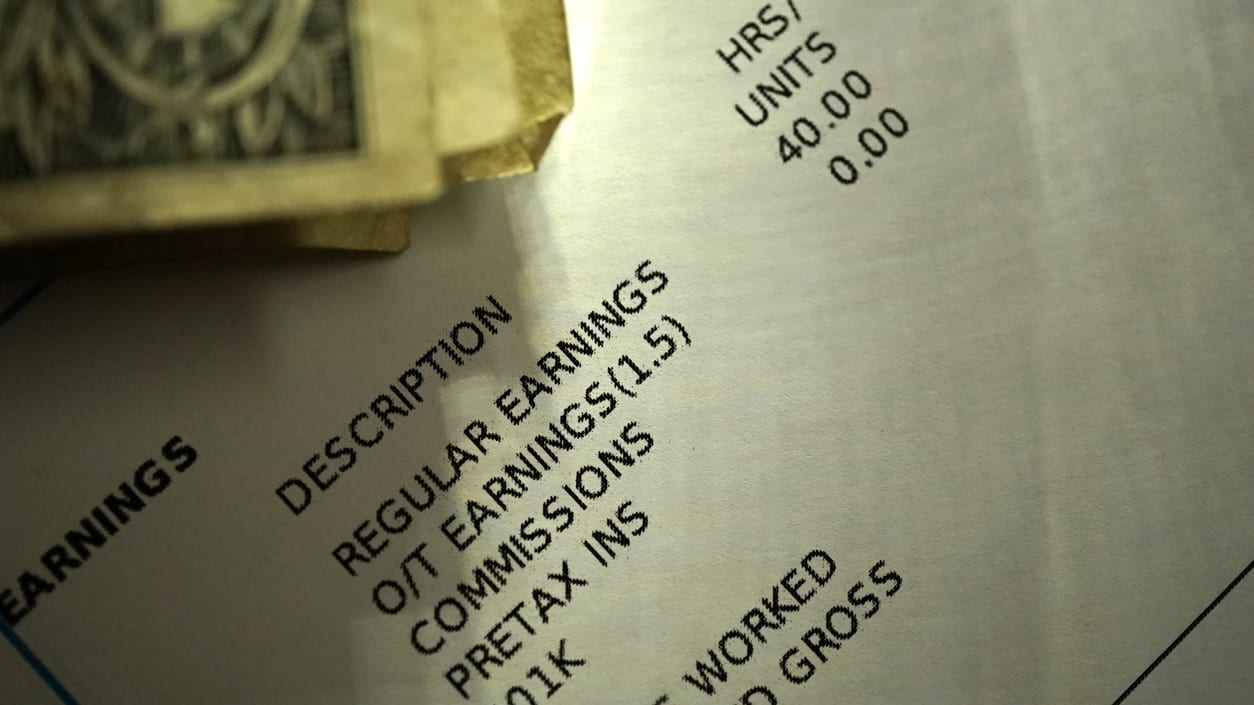A worker could proceed with his lawsuit alleging that his former employer violated California law by providing wage statements with an out-of-state fictitious business name of the company, a California appeals court ruled. California Labor Code Section 226 requires that a wage statement provide the "name of the legal entity that is the employer."
The plaintiff had worked for Countrywide Payroll & HR Solutions Inc., which gave him wage statements that listed the employer of record as "CSSG." He filed a lawsuit alleging, among other claims, that these wage statements violated Section 226 by failing to properly name the employer. He also claimed that he and other employees suffered injury because they were unable to promptly and easily determine the legal name of the entity.
The plaintiff said CSSG stood for "Countrywide Staffing Solutions Group," which is not a name listed with the California Secretary of State but is a fictitious business name for Countrywide in some other states. Countrywide does business under the name "Countrywide HR" or "CWHR" in California.
The company claimed that the use of a fictitious business name is allowed and that, in any event, the checks attached to the wage statements provided the complete name.
The trial court agreed with the employer and dismissed the plaintiff's claim. The plaintiff appealed.
Wage Statement Requirements
Section 226 of the California Labor Code requires employers to give employees an accurate itemized statement as a detachable part of their paychecks. The wage statement must contain certain information, including "the name and address of the legal entity that is the employer." An employee suffering injury as a result of an employer's knowing and intentional failure to comply with this requirement is entitled to recover statutory damages, court costs and attorney fees.
[SHRM members-only toolkit: Complying with California Wage Payment and Hours of Work Laws]
The appellate court first noted that Section 226 does not expressly require that the name registered with the California Secretary of State be included on the wage statement. Nor must the company's complete name be included. Section 226 only requires the employer to state "the name and address of the legal entity that is the employer." It does not expressly require that the employer state its complete or registered name. Further, minor truncations of an employer's name have been found to comply with the statute, as have fictitious names.
However, the court said, more-severe truncations or alterations of an employer's name can violate the law, particularly where confusion might result.
The employer in this case used the acronym of an out-of-state fictitious business name. "While we see no reason why the use of an out-of-state fictitious business name will violate the statute, the use of an unregistered acronym of the fictitious name is another matter," the court said.
"CSSG" is not Countrywide's registered name, nor is it a minor truncation, the court continued. CSSG corresponds to "Countrywide Staffing Solutions Group," which may have no meaning to Countrywide employees.
"An employer using a shortened name or abbreviation that renders the name confusing or unintelligible may be violating Section 226," the court said. And in this case, the plaintiff claimed that he and other employees were unable "to promptly and easily determine" their employer's name from the wage statements.
Even if the full name appears on the actual checks, the paycheck is not part of the wage statement that must be furnished, the appellate court said.
The appellate court reversed the trial court's decision, allowing the plaintiff's claim to go forward.
Noori v. Countrywide Payroll & HR Solutions Inc., Calif. Ct. App., No. C084800 (Dec. 26, 2019).
Professional Pointer: Even a relatively small business can face substantial penalties for improper wage statements because the penalties apply to each statement issued. Although courts have granted employers some leeway, the safest practice is to issue wage statements using the employer's name as registered with the California Secretary of State.
Joanne Deschenaux, J.D., is a freelance writer in Annapolis, Md.
An organization run by AI is not a futuristic concept. Such technology is already a part of many workplaces and will continue to shape the labor market and HR. Here's how employers and employees can successfully manage generative AI and other AI-powered systems.




